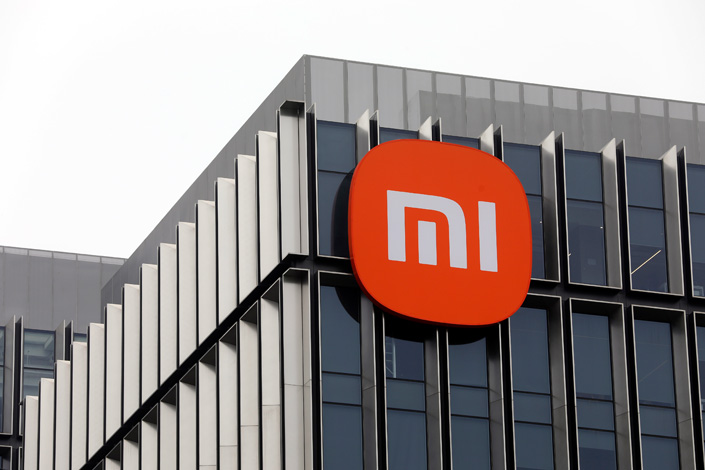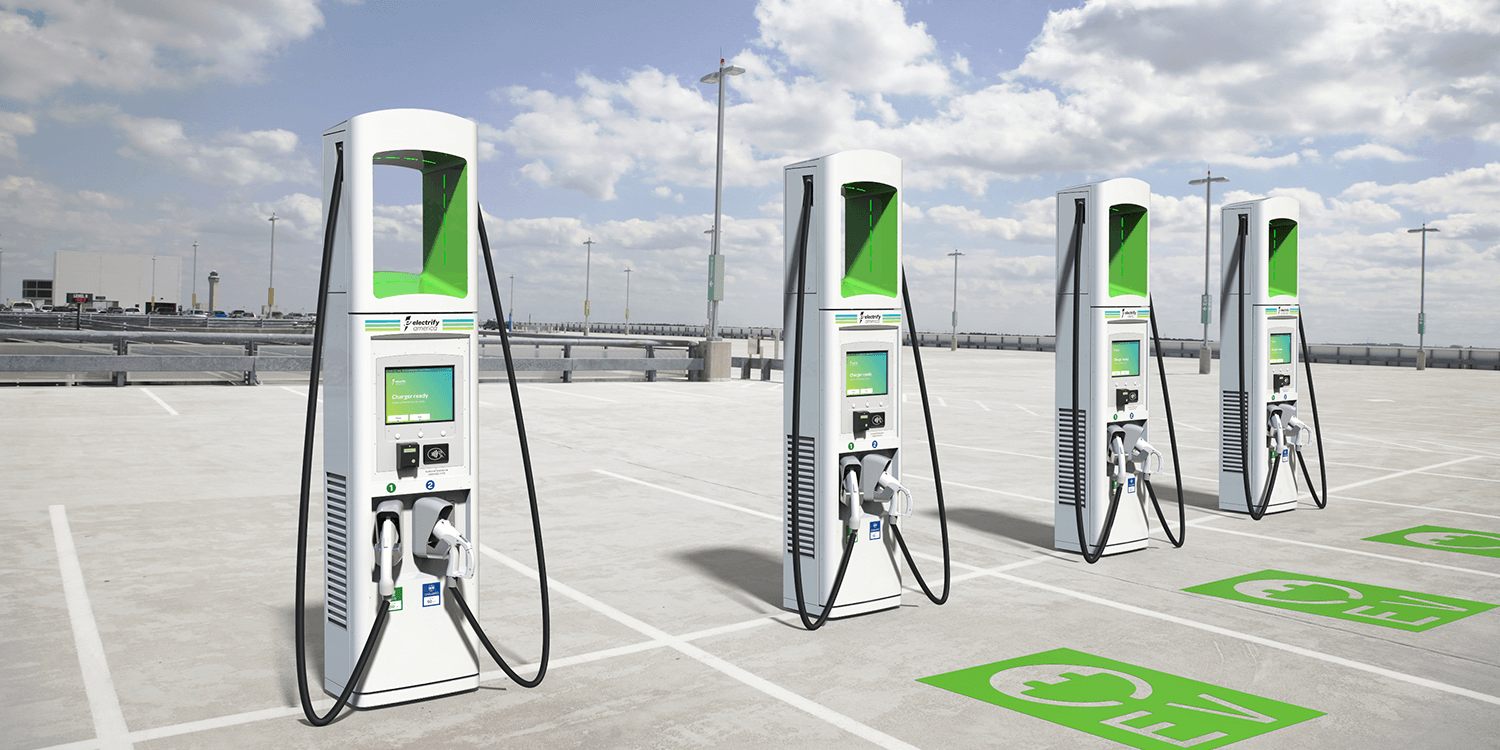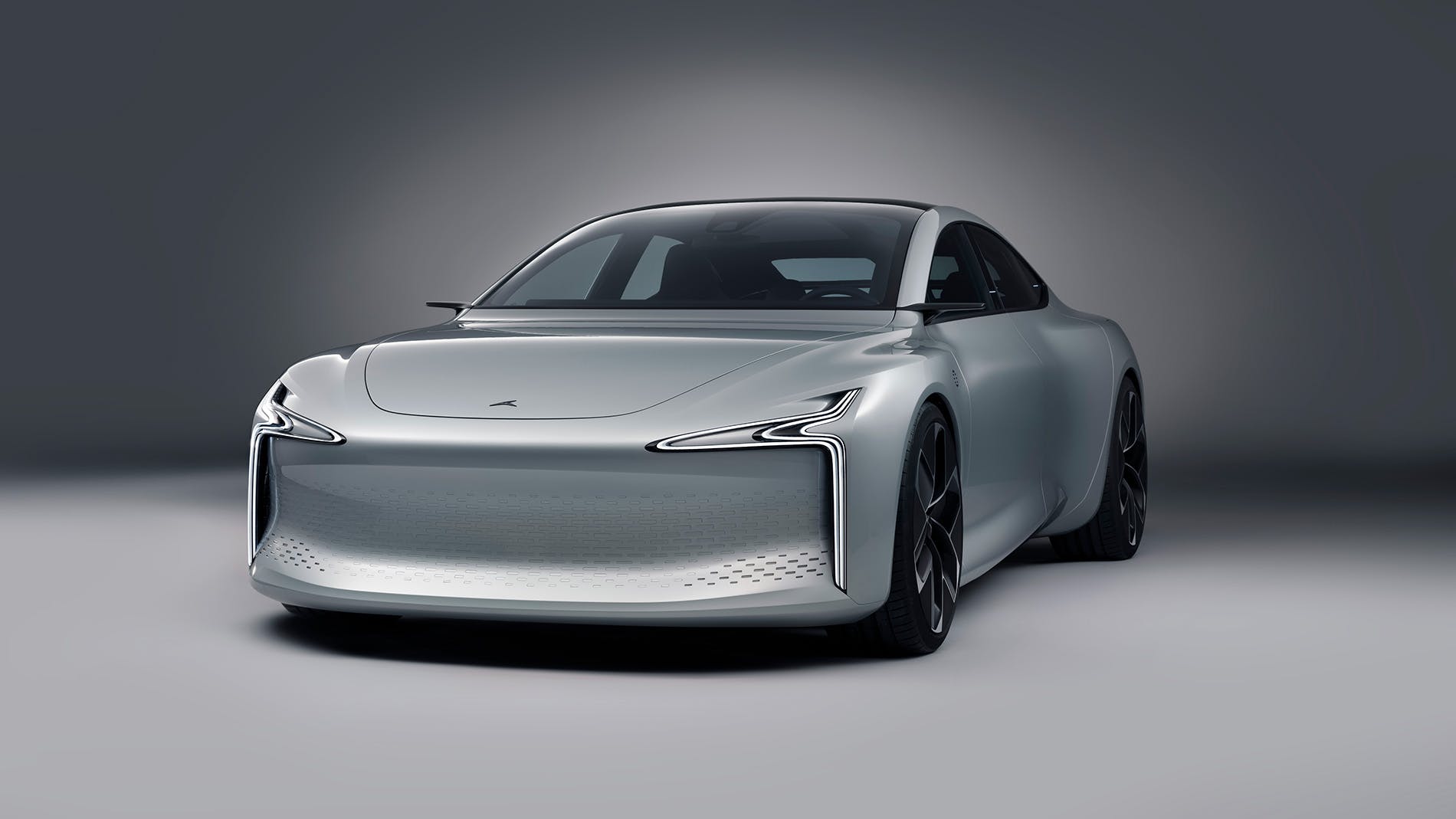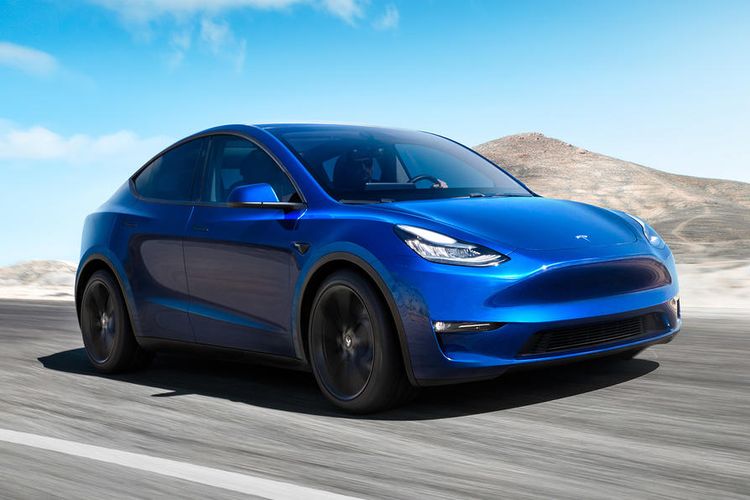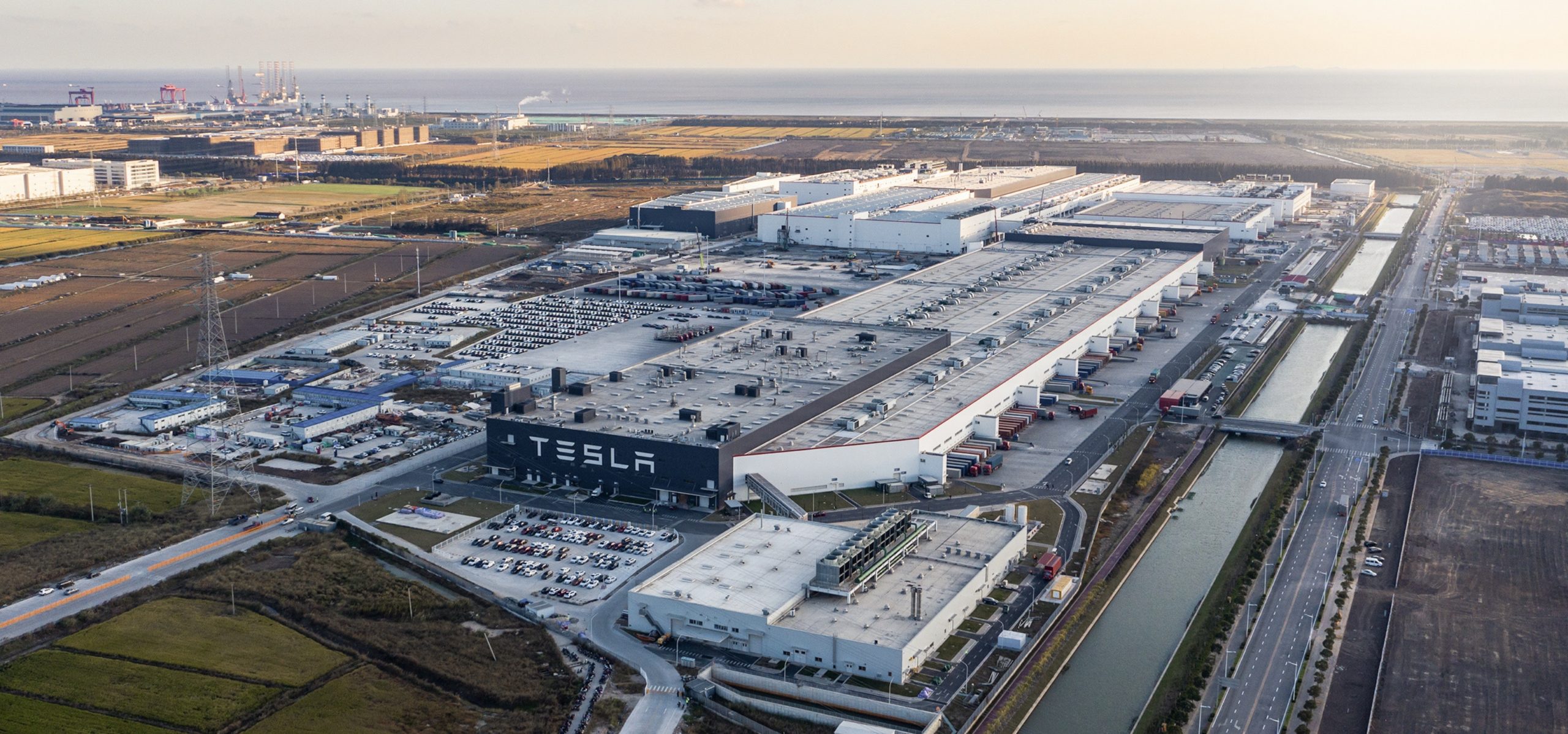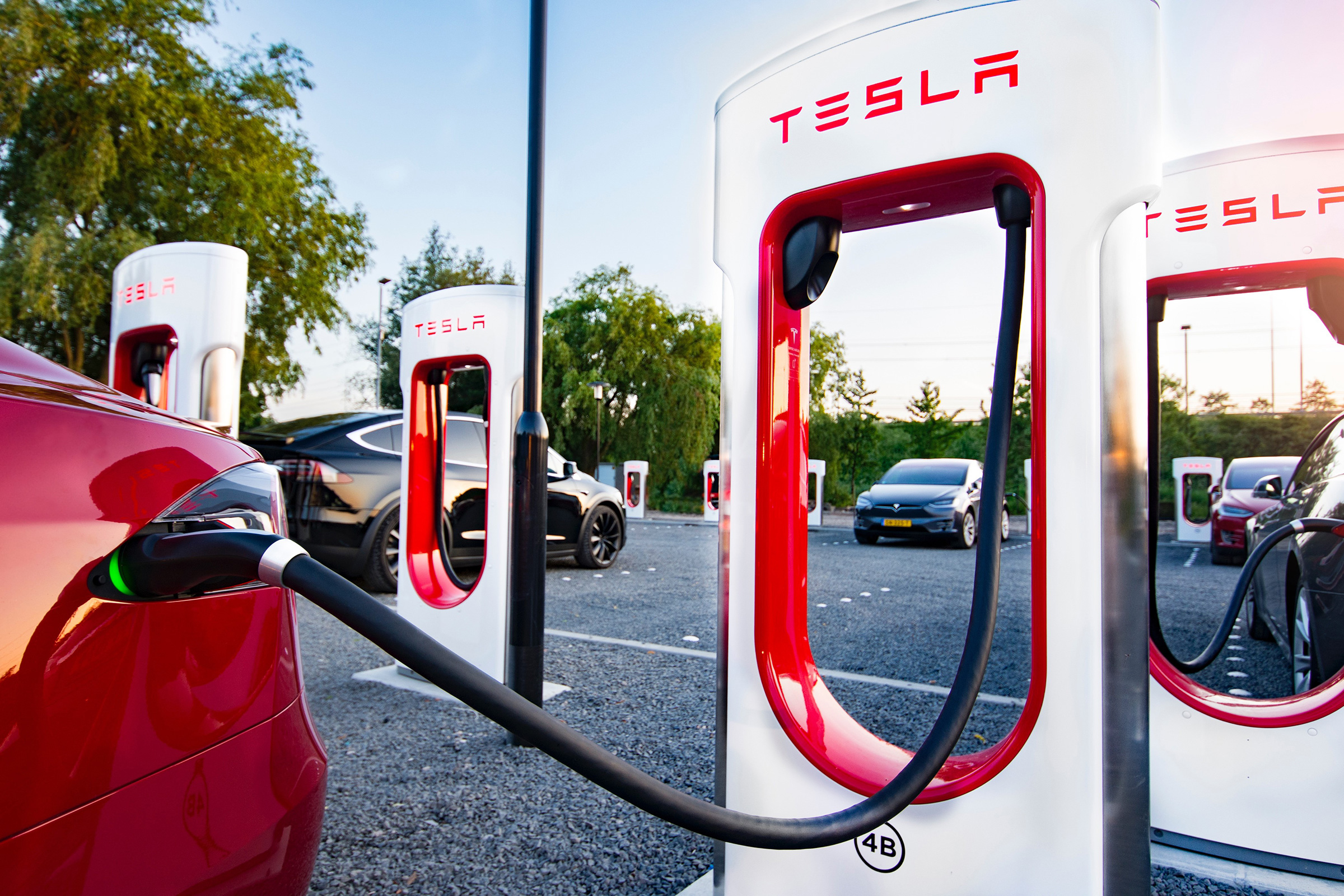Xiaomi’s entrance into the electric car market has faced significant challenges, particularly with obtaining a manufacturing license in China. The Chinese government recently implemented stricter requirements for electric car manufacturers after several new companies collapsed in the last few years.
Under these new regulations, any company looking to start a car manufacturing business in China must obtain a specific license, which was relatively easy to obtain in the early days of electric vehicle (EV) production. However, as more and more companies entered the market, many received financial assistance from the government only to later collapse and disappear, prompting the government to tighten its regulations.
Xiaomi, which was late in applying for a manufacturing license under the old rules, found itself struggling to obtain the new license. It was not alone, as other EV automakers faced similar challenges and had to find creative solutions to overcome the obstacle.
See also: Xiaomi to Launch Mass Production of Electric Car in Q1 2024
For instance, Nio has a contract with JAC, which holds the manufacturing license, and Li Auto took over Lifang Technology, which already possessed the necessary license. XPeng took over Guangdong Foday for the same reason but has since obtained its own license.
To address the licensing issue, Xiaomi took over the defunct German company Borgward, which is still certified for vehicle manufacturing. This acquisition should enable Xiaomi to move forward with its electric car plans without further delays.
Xiaomi has committed $1.5 billion to the development of its auto business and is already building its 300,000 vehicle factory in Beijing. The factory is set to be built in two phases, with the first phase to be completed by 2024 and a production capacity of 150,000. The second phase will add another 150,000 by 2026.
See also: Xiaomi Imposes $149,000 Penalty on Supplier for Leaking Car Design Drafts
Although the first electric car from Xiaomi has already been leaked, along with its name, the company initially denied the leak and even demanded compensation from the supplier who leaked the images. Despite these setbacks, Xiaomi is focused on bringing its first EV to market and meeting the expectations of its eager customers.
Overall, Xiaomi’s experience highlights the challenges even a well-funded company can face when starting an electric car business from scratch. However, with persistence and creative solutions, these challenges can be overcome, and companies can successfully enter the EV market.

